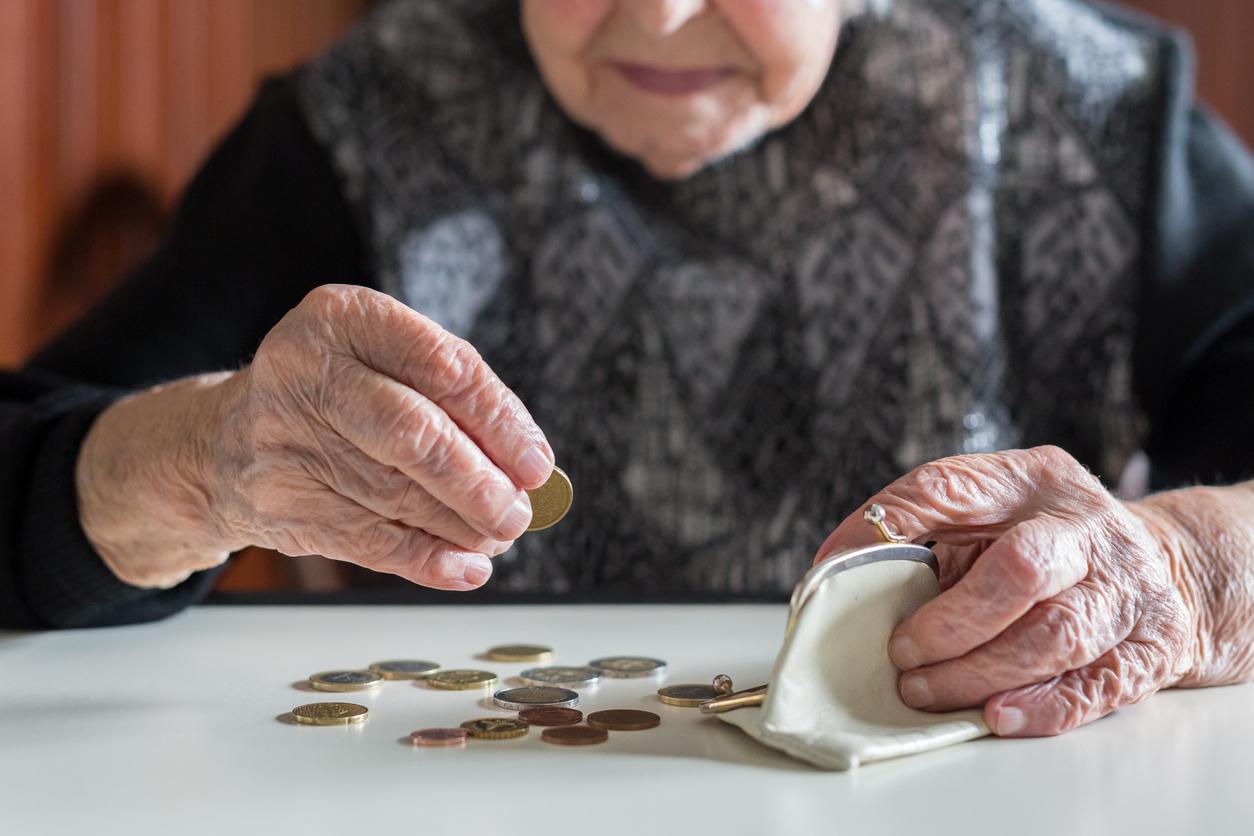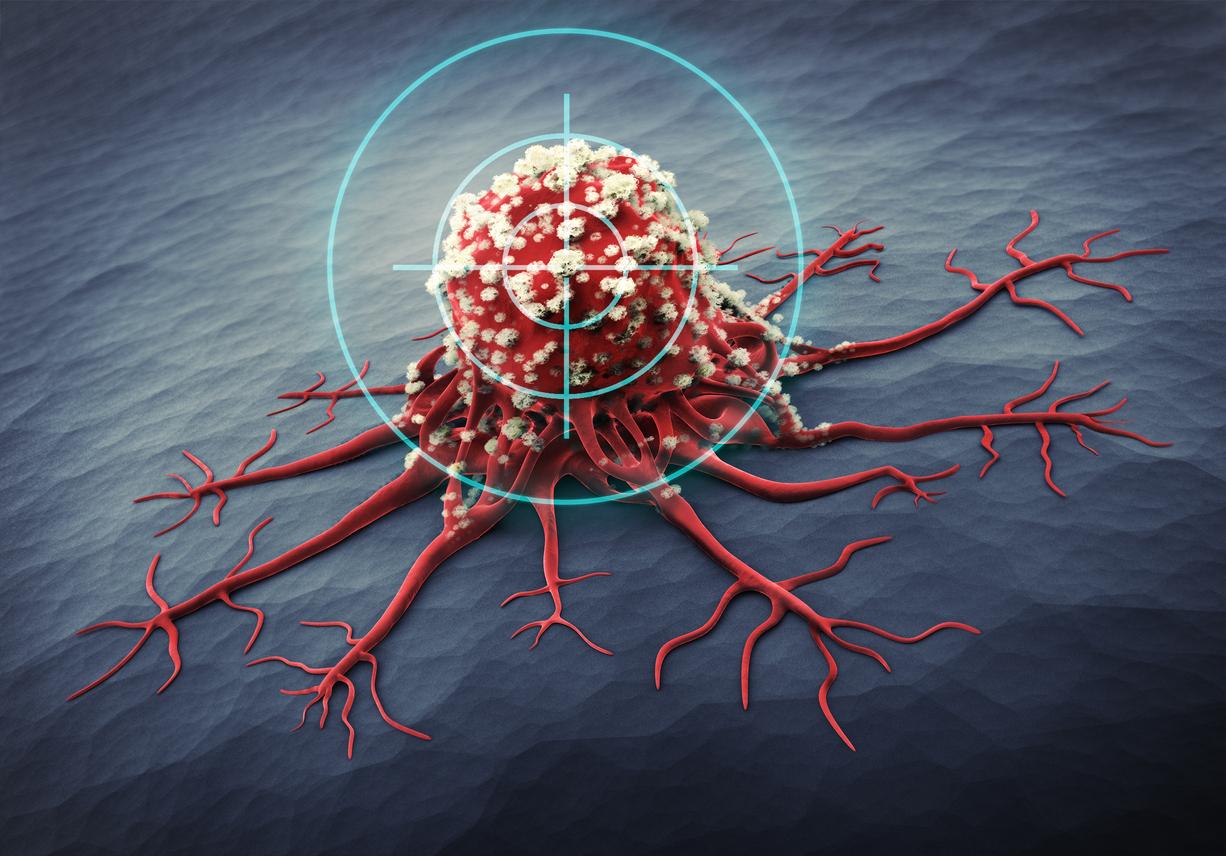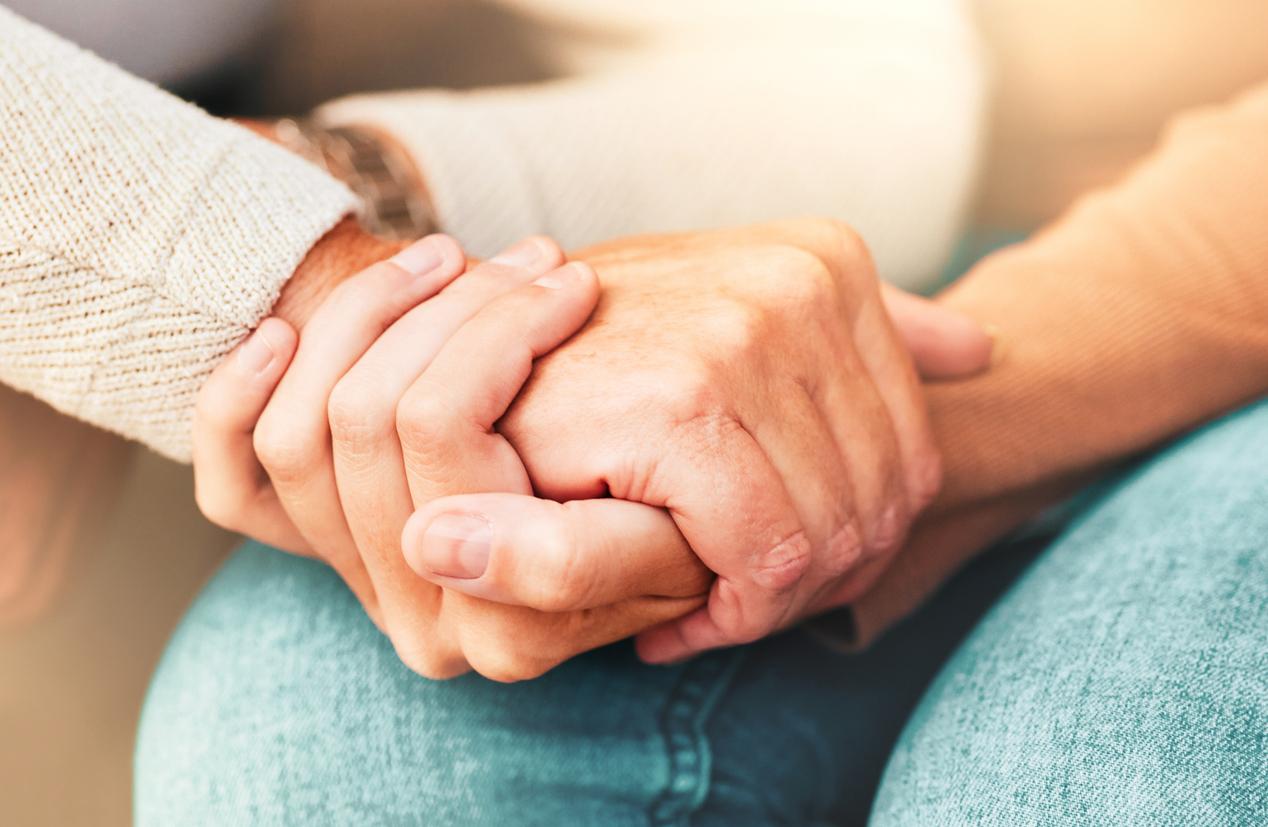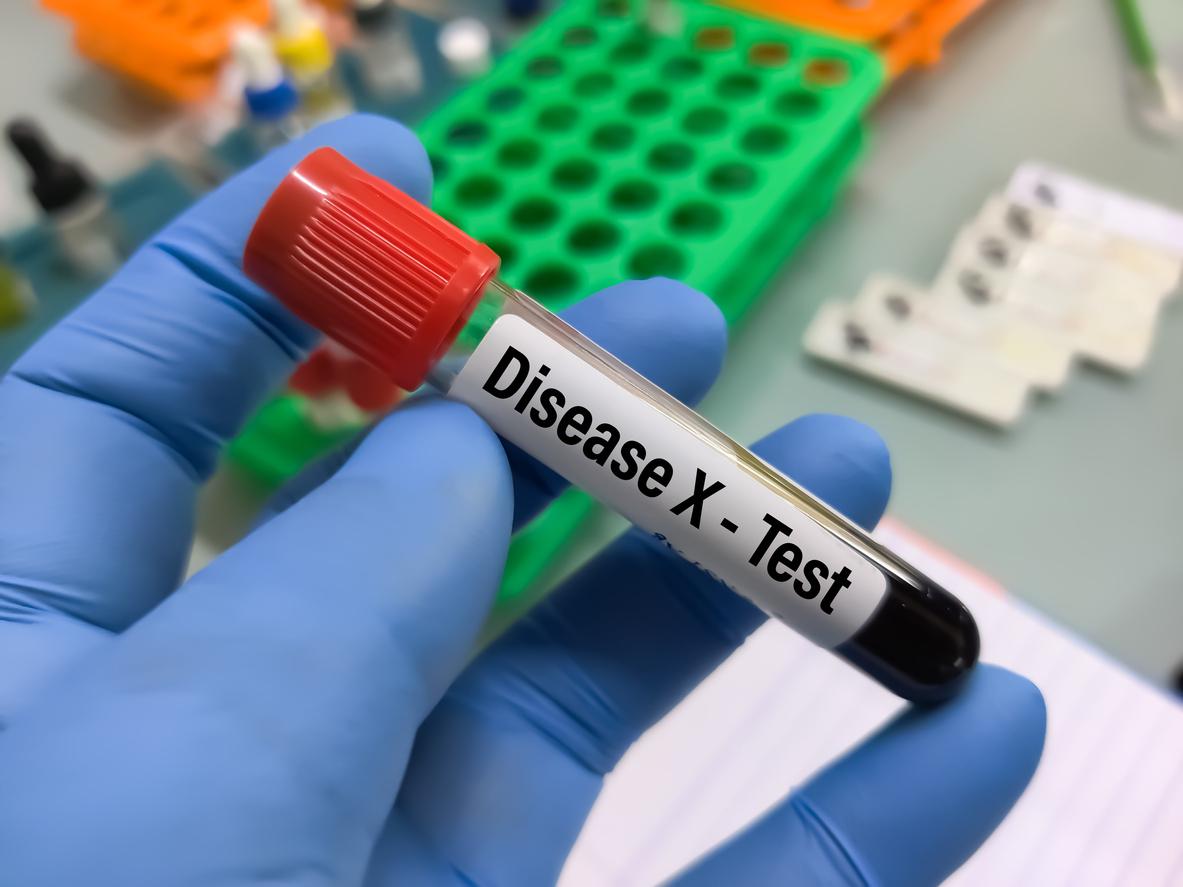Climbing up the social hierarchy not only flatters the ego, it also increases our resistance to disease. A study conducted on rhesus macaques by an international team of researchers shows the effects of social status on the immune system which helps fight infections.
Like humans, this species of apes is organized through a social hierarchy within a group of individuals. In their study published in Science, the scientists analyzed the model of social hierarchy for two years in nine groups of five monkeys. Once the place of each animal was well understood, they inverted certain members of the groups, who then lost their social status by integrating another community. Analysis of blood samples from macaques shows several effects of this social downgrading on their immune resistance.
Social level affects immunity
On the one hand, downgraded monkeys have more biomarkers of poor immune function, which makes them more vulnerable to infections. Individuals who have lost their social rank are more victims of harassment, which changes the activity of T-helper and natural killer cells, which manage immunity.
Other cells are also affected to a lesser extent in individuals of lower social rank: B cells which produce antibodies, and cytotoxic T cells. These are responsible for eliminating abnormal cells.
Results applicable to humans?
Conversely, the white blood cells and immune cells of dominant monkeys are more active. At the DNA level, 1,676 genes are sensitive to social rank. For the researchers, the similarities between Man and ape in terms of hierarchical organization allow the results to be extended to our own social system. We also share a large part of our genetic heritage with macaques. Additional argument: social status in humans has already shown its influence on the occurrence of disease and premature death.
To read also
To boost your immune system, bet on shiitake!
The 10 boosters of your immune system
Tattoo addicts have top immunity
















